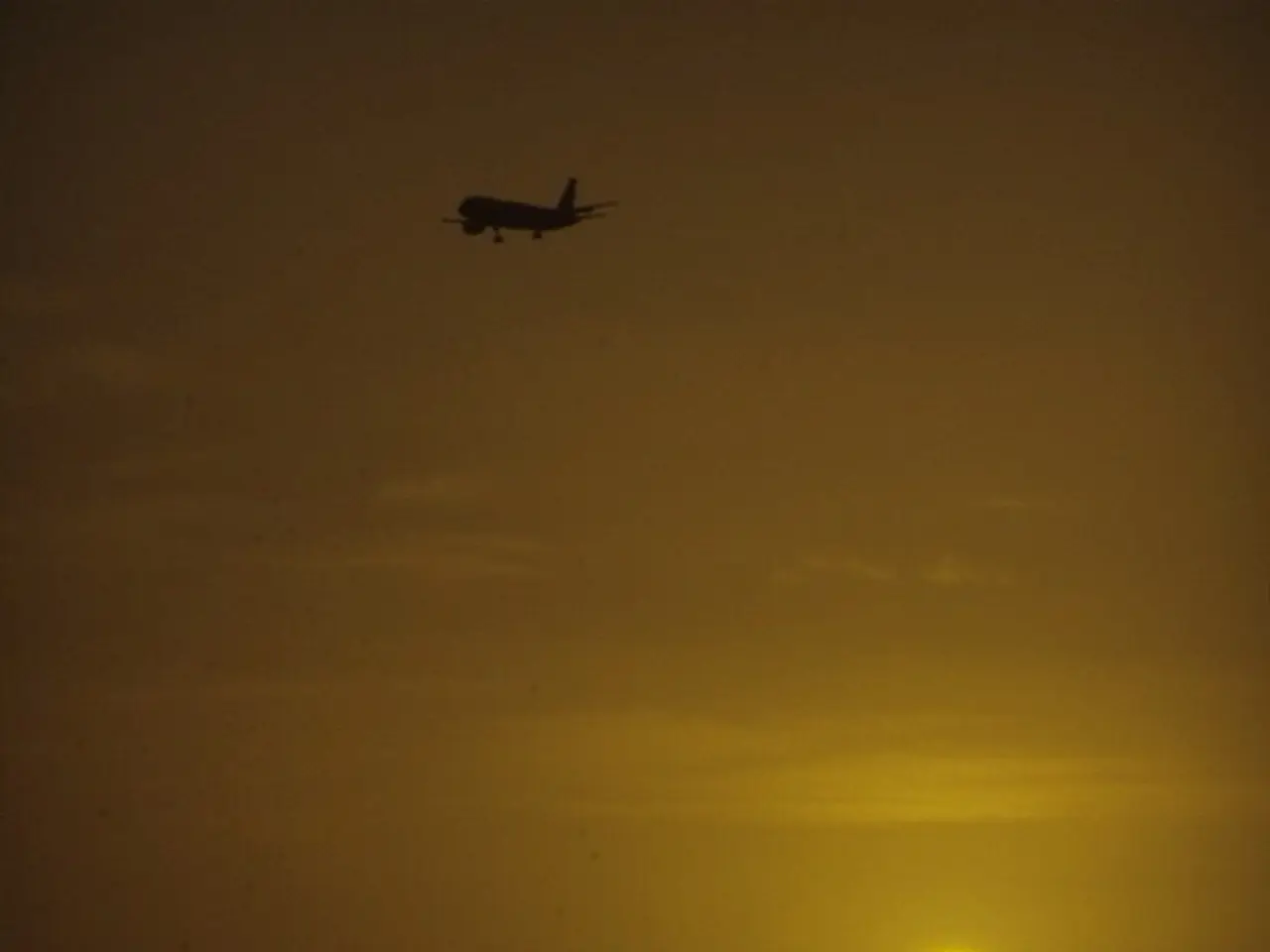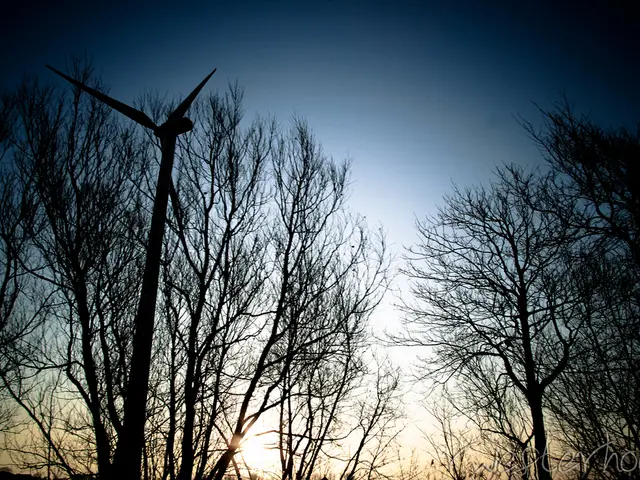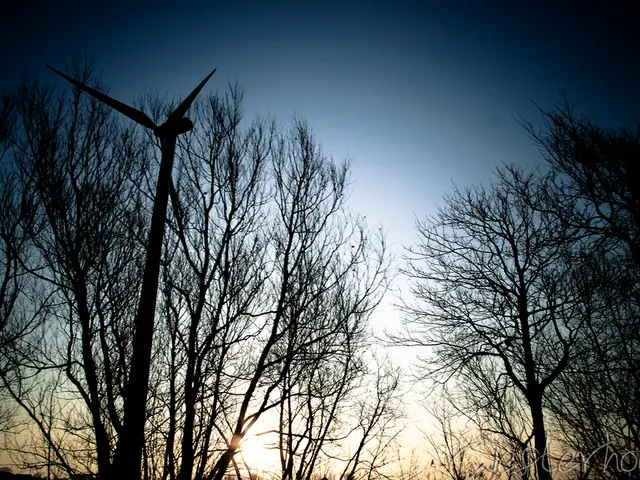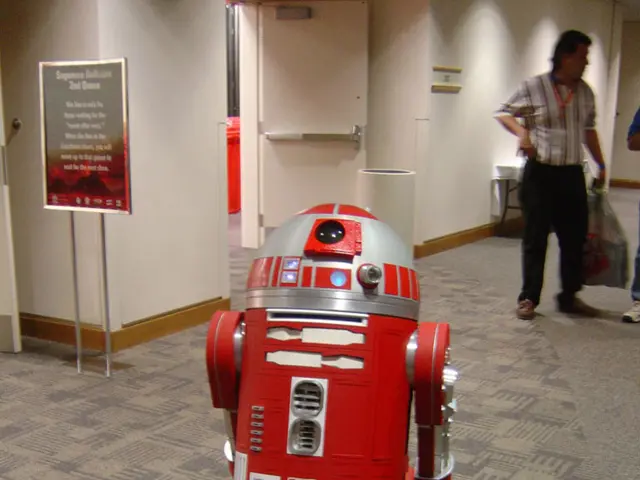Space agency MBRSC intensifies collaborative efforts with CNES on the Rashid Rover 2 lunar exploration mission.
UAE's Second Lunar Rover, Rashid Rover 2, Set for 2026 Launch
The United Arab Emirates (UAE) is set to take a significant step in global lunar exploration with the launch of Rashid Rover 2 in 2026. This mission, a part of the nation's innovation in the space and Information and Communication Technology (ICT) sectors, is a collaborative effort between the Mohammed bin Rashid Space Centre (MBRSC) and the French space agency, CNES.
Rashid Rover 2 will be equipped with cutting-edge technology to explore the far side of the Moon, a region notoriously challenging due to harsh terrain and communication difficulties. The rover will carry experiments on material adhesion to lunar dust, a development expected to influence future technologies such as spacesuits and surface infrastructure.
The rover will also study lunar plasma, geology, thermal variations, and soil properties. To facilitate interaction with other payloads, a radio transmitter will be included. CNES will support image processing for Rashid Rover 2, ensuring data meets the highest scientific standards.
The collaboration has been renewed following rigorous Thermal Vacuum testing in Toulouse, France, which validated Rashid Rover 2's performance in lunar conditions. The signing of the Memorandum of Understanding was led by H.E. Salem Humaid AlMarri, Director General of MBRSC, and Lionel Suchet, Executive Vice-President of CNES.
In a strategic move earlier this year, MBRSC signed an agreement with Firefly Aerospace to provide the lunar lander for deploying the rover on the far side of the Moon. The lunar lander for Rashid Rover 2 will be provided by Firefly Aerospace. Additionally, CNES will provide two advanced cameras and a CASPEX module for the rover.
The new mission focuses on greater scientific output and technological innovation. This collaboration reinforces a long-standing partnership between the UAE and France, contributing to the national innovation in the space and ICT sectors. The Emirates Lunar Mission, funded by the ICT Fund of the Telecommunications and Digital Government Regulatory Authority, continues to push boundaries in space exploration.








